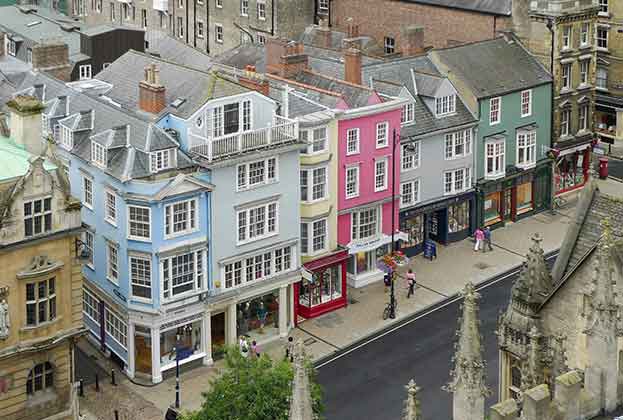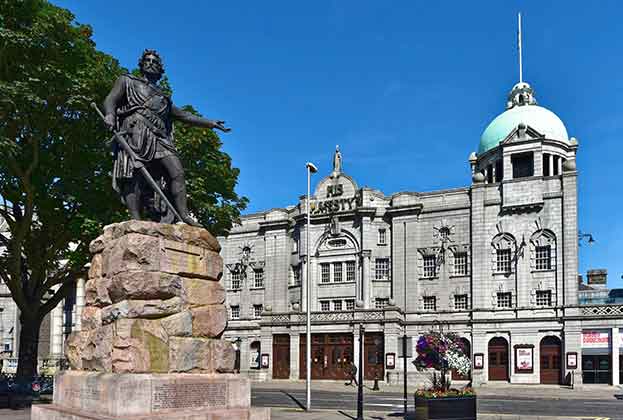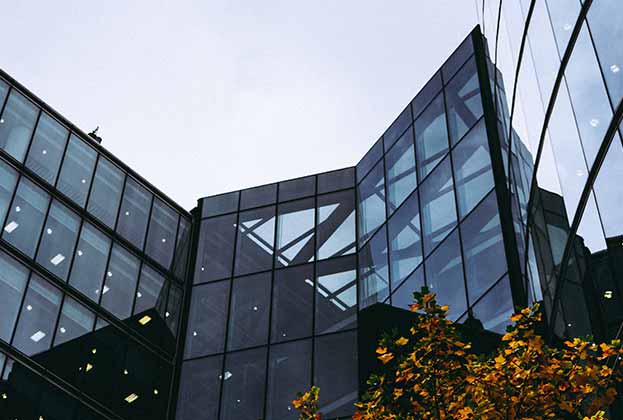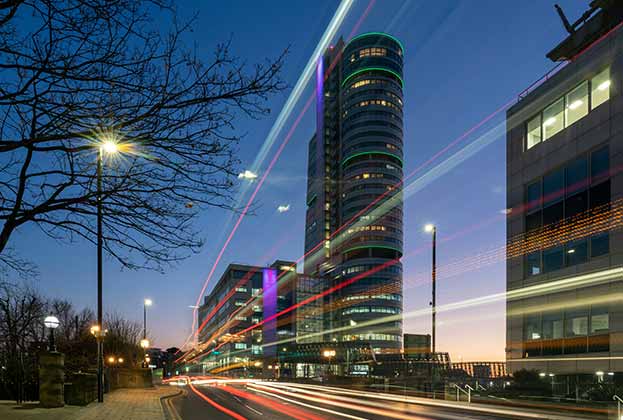Many of the leading business parks today are amenity rich destinations, having received substantial investment from landlords who sought to create a real sense of community. They’ve attracted a variety of tenants ranging from large global occupiers to start-ups, resulting in successful business ecosystems being established at these parks.
There has been continued occupier demand for business park space recently. They accounted for 35 per cent of take-up across Greater London and the South East in 2019, the highest proportion in the last five years. Headline rents have also risen: average grade A rents increased by 13 per cent 2014-19, highlighting heightened occupational demand in the quality of what’s on offer.
But looking ahead will Covid-19 affect business park demand?
In the short to medium term, while we don’t have a vaccine and need to practice social distancing and reduce public transport usage, a business park location could seem to be an advantage. Workers who may have formerly commuted into a city centre can either drive or cycle to a park on the edge of a town, in many cases much more easily and safely than they can travel to a CBD.
There could therefore be a temporary increase in demand for business park space for social distancing requirements, but what of the long term when we can be in close proximity once more?
Savills Office FiT survey indicates that, theoretically, a move towards a potential ‘hub and spoke’ model – retaining a city centre HQ alongside more satellite offices – could be explored by some occupiers in the future.
When asked why, the answers vary from ‘spreading the risk’ (in the case of a future outbreak you can close one office while keeping others open) to lower rental costs. Some workers have also voiced desires to maintain a number of the advantages they have experienced during lockdown – mainly shorter commutes, more access to outdoor green space and better air quality.
Business parks could potentially fulfil this need if sentiment doesn’t change as we move back towards ‘normal’.
Prior to the lockdown, office workers’ attitudes towards their environments were already changing. Demand for green space was rising in all regions according to our What Workers Want 2019 survey. This was most notable in the Thames Valley where 70 per cent of respondents placed a high importance on access to green space in their ideal workspace – a 25 percentage point increase on our 2016 survey.
Business parks under single or majority ownership have been able to cultivate a community environment, which has proven attractive to occupiers and their employees. Arlington Business Park, Theale and Bath Road Central, Slough, for example, have all provided remote access to their events during the lockdown period, which will appeal to occupiers who may encourage more remote working in the future.
Those more diversely owned and managed business parks which do not offer a full range of amenities and services and are not as well managed are, consequently, less likely to benefit.
With only 1.8 years of Grade A supply available across the region, if occupiers do want to explore taking space on business parks, driven by Covid-19 or other factors, now is the time to strike if you want to get the best space.
Further information
Read more: Why business parks are back on trend
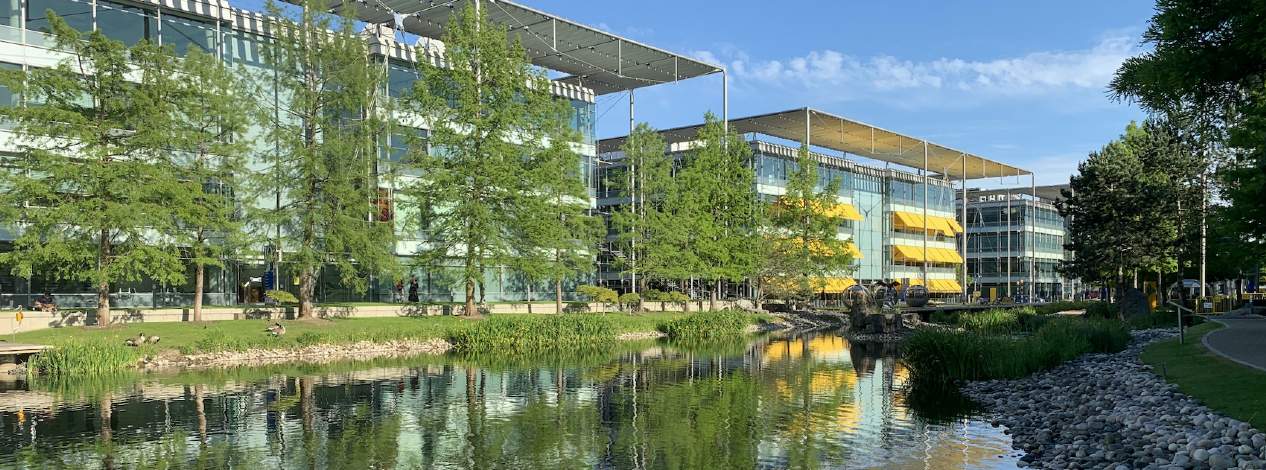
-impact-the-office-sector(1).jpg)
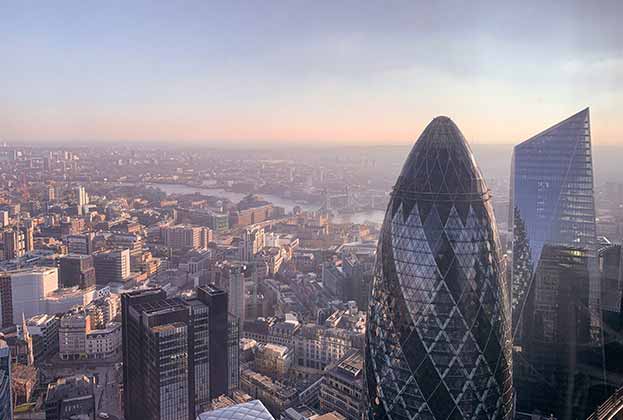
.jpg)
